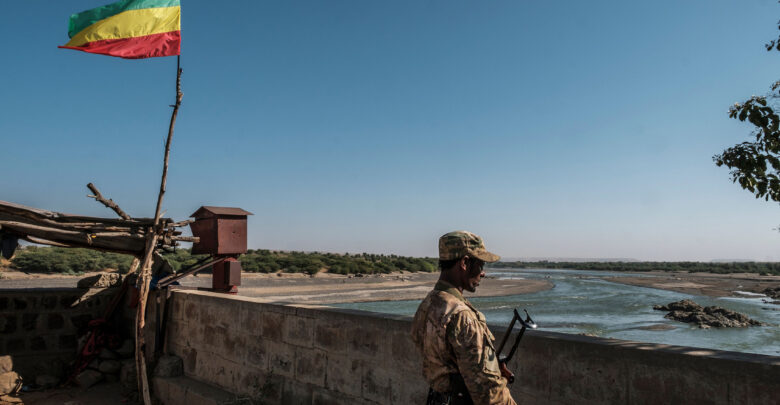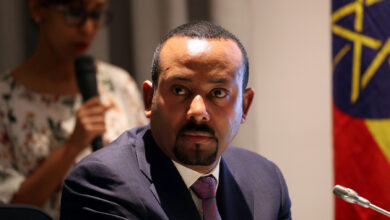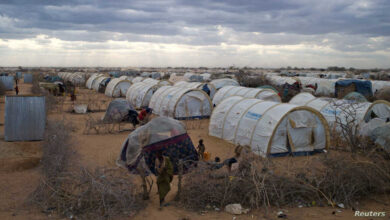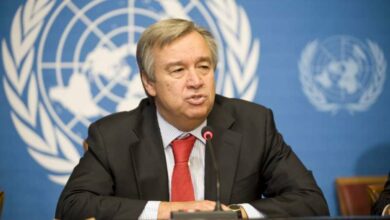
The Eritrean government on Friday acknowledged for the first time that it has its troops deployed in Ethiopia, reported CGTN Africa.
Ethiopian Prime Minister Abiy Ahmed ordered an incursion into Tigray last year after the Tigray People’s Liberation Front (TPLF) forces attacked a federal military camp in the region. Eritrean forces have been helping the Ethiopian military to fight Tigray’s forces in the conflict. However, Eritrea has repeatedly denied the presence of its forces in the region.
In a letter addressed to the 15-member United Nations Security Council, the Eritrean government agreed to start withdrawing its troops from Ethiopia’s Tigray region. A timeline for the withdrawal has not been announced.
“As the looming grave threat has been largely thwarted, Eritrea and Ethiopia have agreed – at the highest levels – to embark on the withdrawal of Eritrean forces and the simultaneous redeployment of Ethiopian contingents along the international boundary,” Sophia Tesfamariam, Eritrea’s Ambassador to the UN, said in the letter posted on the Information Ministry’s website.
The statement comes after Mark Lowcock, the UN aid chief to the Security Council, on Thursday asserted that there was no proof Eritrean forces were withdrawing from Tigray.
Lowcock said neither the United Nations nor any humanitarian agencies have seen proof of the withdrawal of Eritrean forces from Tigray. He said there are even reports of Eritrean soldiers wearing Ethiopian Defense Force uniforms.
Last month, the Ethiopian Prime Minister, who won the 2019 Nobel Peace Prize for his efforts to resolve a border conflict with Eritrea, acknowledged the presence of Eritrean troops inTigray. He announced that Eritrea would withdraw its forces from Tigray soon.
The conflict has killed thousands of people and forced hundreds of thousands more from their homes in the region of five million. As per reports, the number of displaced people in Tigray has risen to 1.7 million as of March.






